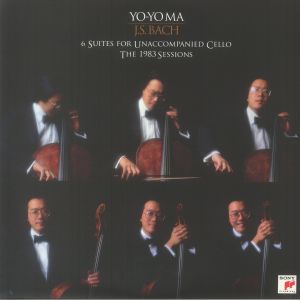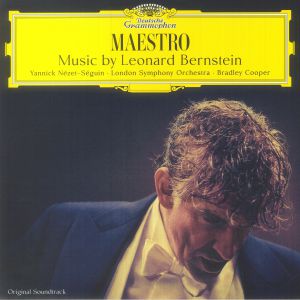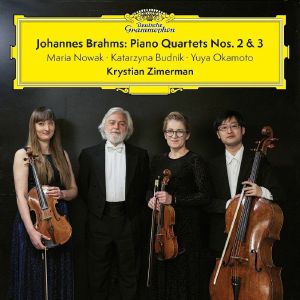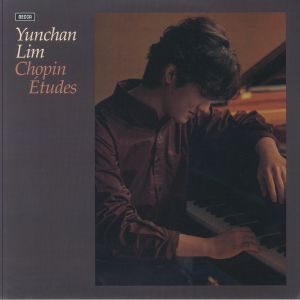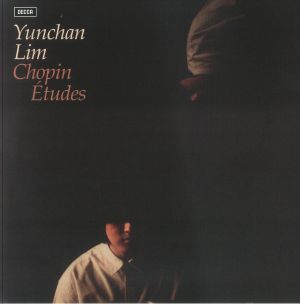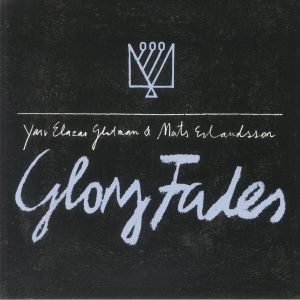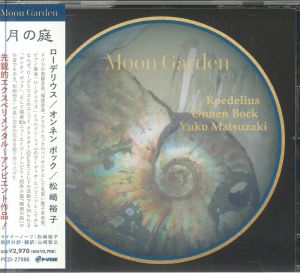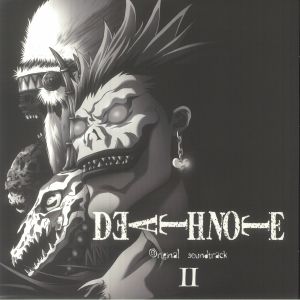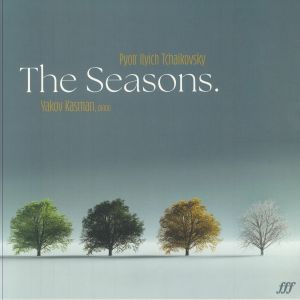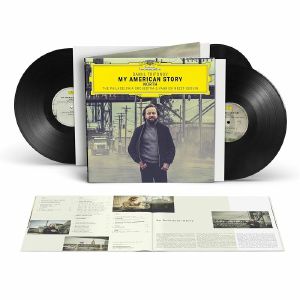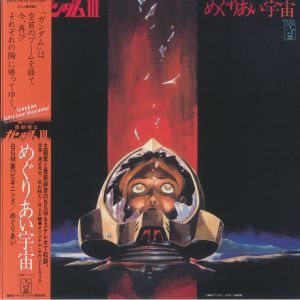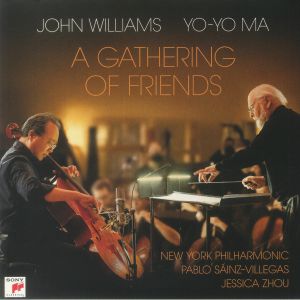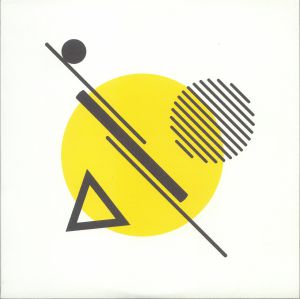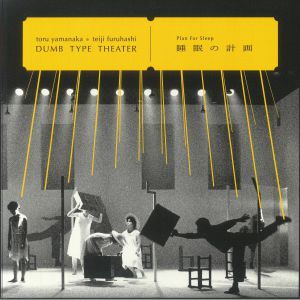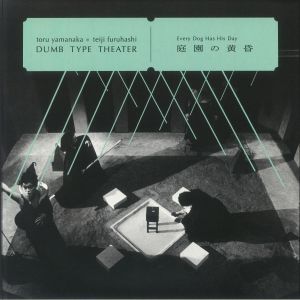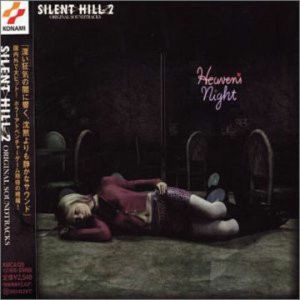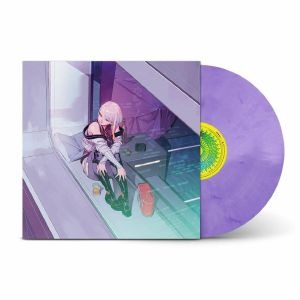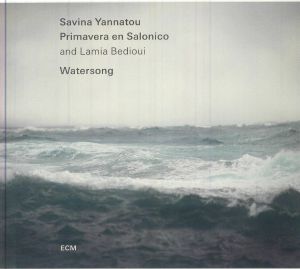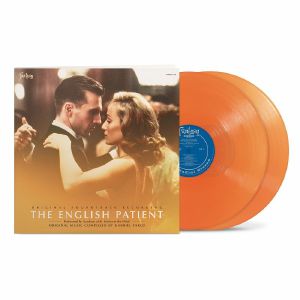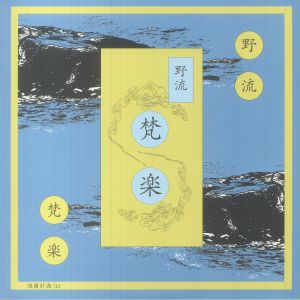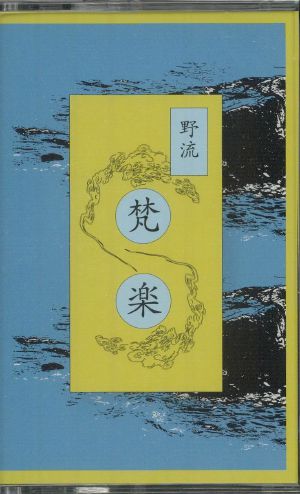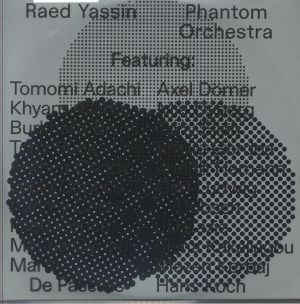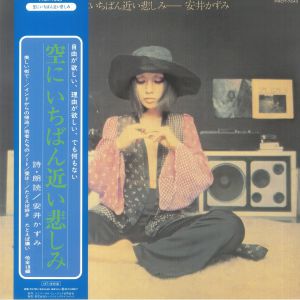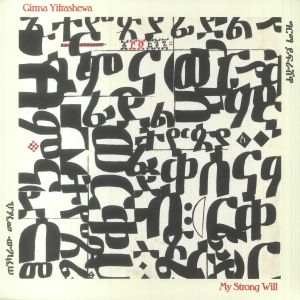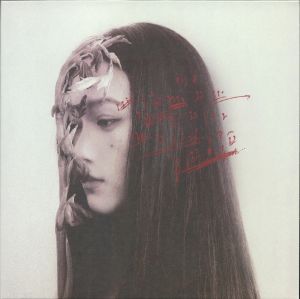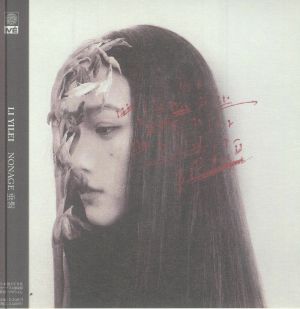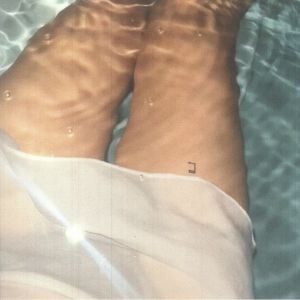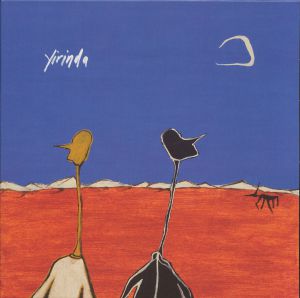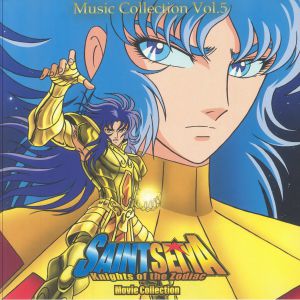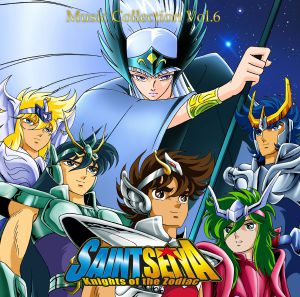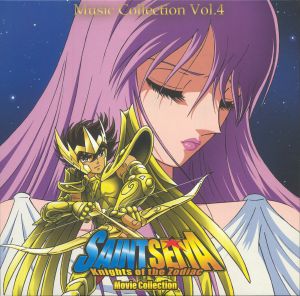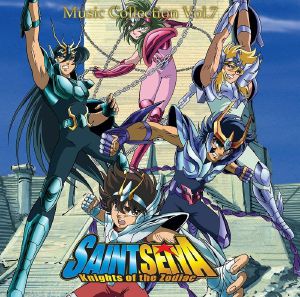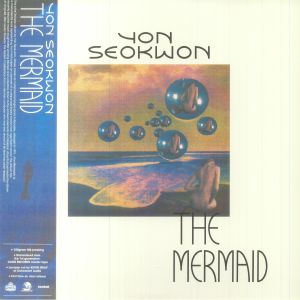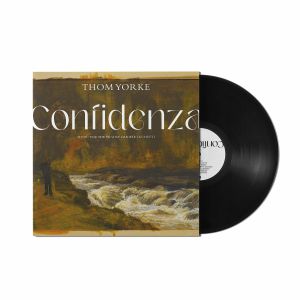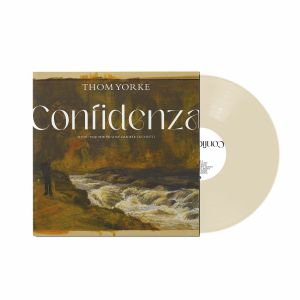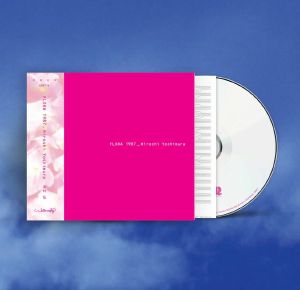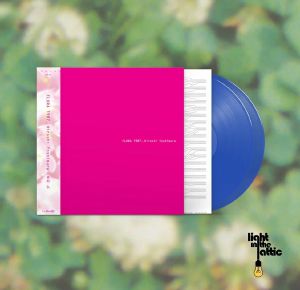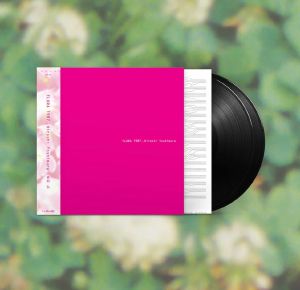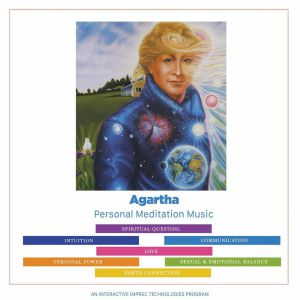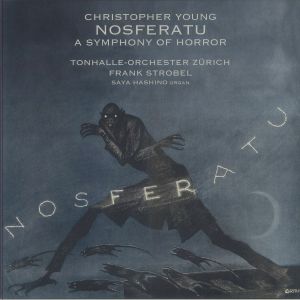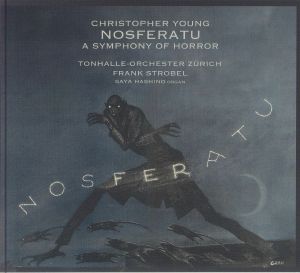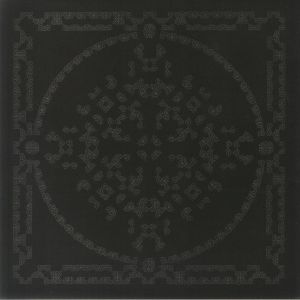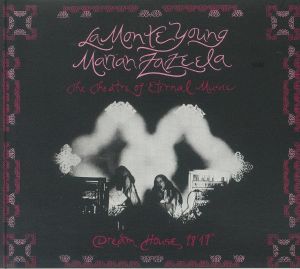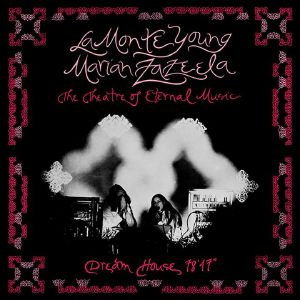Filter
Genre
在庫状況
音楽
Release Date
アーティスト
レーベル
Featured
リリースタイトル
値段
タグ
Back catalogue: All genres
Juno's full catalogue of All genres
アルバム
JS Bach: Six Un Accompanied Cello Suites: The 1983 Sessions (trifold picture disc 3xLP)
Cat: 196588 12381. Rel: 20 Oct 23
Classical
in stock $46.13
Maestro: Music By Leonard Bernstein (Soundtrack) (gatefold 180 gram vinyl 2xLP + insert)
Cat: 486546 7. Rel: 30 Nov 23
Soundtracks
Symphonic Suite From On The Waterfront/Robert Schumann: Manfred Overture/Fancy Free: Var 1 (Galop) (5:16)
Anniversaries For Orchestra: X) For Felicia Montealegre/Interview (Dialogue)/Songfest: To What You Said (Solo 3) (6:02)
in stock $30.96
in stock $39.77
Etudes (gatefold translucent brown smoke vinyl 2xLP + insert in spot-varnished sleeve)
Cat: 487012 6. Rel: 15 Nov 24
Classical
in stock $88.39
in stock $34.53
in stock $25.70
Review: In a collaboration for the ages, we hear German kosmische musician Hans-Joachim Roedelius (Cluster, Harmonia) team up with Japanese flutist Yuko Matsuzaki and Berlin Philharmonic analog musician sound engineer Onnen Bock for a nacreous improv blast. Spanning soft, pearly electronica and neoclassical, Moon Garden comprises five works, incorporating techniques and fragments of songs already released. A mythical aura unfurls through synth koto and organic harmonics; 'In The Forest Of Syrinx' establishes a singing bowled, new age aesthetic, segueing into the purely vocal threnody 'Sapphire Jellyfish'. Bridging electronic washes, piano and female vocals, this is a borderless soundscape of exciting proportions.
… Read more in stock $22.65
in stock $33.14
in stock $15.20
in stock $39.77
Cat: 486695 6. Rel: 08 May 25
Modern Classical
in stock $15.20
Death Note III (Soundtrack) (gatefold brown marbled vinyl 2xLP)
Cat: DV 4797. Rel: 13 Nov 23
Soundtracks
in stock $66.29
in stock $66.29
in stock $24.86
in stock $54.70
Mobile Suit Gundam Meguriai Sora (Soundtrack) (LP + booklet with obi-strip)
Cat: NAS 2072. Rel: 20 Sep 24
Soundtracks
in stock $43.08
Review: John Williams and Yo-Yo Ma have been creative and personal friends and collaborators for many decades now. Their fruitful partnership is revived here for a new recording for Sony Classical alongside the rightly venerated New York Philharmonic. The record features two concert works that the composer penned for the cellist with some extra inclusions taken from his famous film scores for movies such as Schindler's List, Lincoln, and Munich. There are also some guest appearances including Spanish guitarist Pablo Sainz-Villegas and harpist Jessica Zhou. A superb sounding and magnificently executed album for fans of classical music.
… Read more in stock $28.46
in stock $32.59
Plan For Sleep (remastered) (LP + insert + MP3 download code)
Cat: CONATALA 006. Rel: 03 Dec 24
Experimental/Electronic
Review: Dumb Type Theater have been at the forefront of Japan's performance art landscape since 1984, although the years between then and now have seen some significant changes - culturally and in terms of the group. The death of Teiji Furuhashi, one of the central members, is just one example. A pivotal player in performances, he was often tasked with translating the instrumentation and arrangements of musician Toru Yamanaka into on-stage directions. Removed from that context, Yamanaka and Furuhashi's sounds still work incredibly well. There are aspects of Plan For Sleep that evoke the US avant garde of the time, perhaps reiterating the fact that the late-20th Century saw a closing of distances and a shared vision of where the future was heading among broad communities. Sound art, in the most musical and listenable sense.
… Read more in stock $29.28
Every Dog Has His Day (remastered) (LP + insert + MP3 download code)
Cat: CONATALA 007. Rel: 03 Dec 24
Experimental/Electronic
Review: It's not hard to see just how ahead of their time Dumb Type were. And still are. Founded in Kyoto, Japan, in 1984, the artist collective looked to interpret and portray the changes they could see beginning to happen around them in society - specifically the start of the (information) technology age. Presenting work that took a dark and cynical view of the increasing importance and prevalence of equipment and digital in the every day, they do this though art exhibitions, performances and publications. Audiovisual installations have always been particularly prominent, and Every Dog Has His Day - one of two Dumb Theater albums previously only available on tape, now issued on vinyl for the first time - makes it clear music was never an afterthought. Credited to Toru Yamanaka, who wrote much of their heard work, and the late Teiji Furuhashi, who translated that onto stage, it's an avant garde essential.
… Read more in stock $25.41
in stock $23.19
Cyberpunk: Edgerunners (Soundtrack) (180 gram purple vinyl LP + insert with obi-strip)
Cat: 196588 63871. Rel: 22 Mar 24
Soundtracks
Review: Akira Yamaoka, Marcin Przybylowicz and PT Adamczyk's original soundtrack for Cyberpunk: Edgerunners hears original OST numbers written for the award-winning anime series set within the futuristic dystopian world of Cyberpunk 2077, which originally spawned as the offshoot of the video game of the same name. Fitting for the music's breathy progressive house and electro oeuvre, which is interspersed with more traditional expressionist orchestral climaxes and builds, the Edgerunners series centres on a crack team of cyberpunk renegades, as they traverse the beastly underbelly of Night City, located in a futuristic vision of LA, navigating a world replete with corruption, gang violence, and cybernetic addiction. A note for fans: this vinyl edition includes unused, never-before-heard tracks composed by Yamaoka for Edgerunners, but which does not appear in the series.
… Read more in stock $38.67
in stock $15.46
The English Patient (Soundtrack) (Deluxe Edition) (gatefold 'saharan sun' translucent orange vinyl 2xLP)
Cat: 725579 1. Rel: 26 Mar 25
Soundtracks
Review: The music from Michael Ondaatje's Booker Prize and 12-Oscar-winning film encompasses the original score by Gabriel Yared with the haunting vocals of Marta Sebestyen and Fred Astaire. It is a story which has successfully made its mark on every medium that counts a - a classic to beat all classics. It's a cathartic journey that explores identity, fidelity, and fate amid the chaos of World War II. Shot against the majestic backdrop of the Northern Sahara and Italy, Yared's score blends Hungarian folk tunes, baroque themes, and romantic orchestration and mirrors the emotion of the film's characters without relying on visuals. Period tracks by Fred Astaire, Ella Fitzgerald and Benny Goodman complement the emotional depth of the story.
… Read more in stock $38.67
in stock $39.77
Played by: Juno Recommends Ambient/Drone
in stock $18.78
Phantom Orchestra (2xLP (soundfiles not available))
Cat: DOSER 046LP. Rel: 06 Mar 25
Experimental/Electronic
Movement (I)
Movement (II)
Movement (III)
Movement (IV)
Movement (V)
Movement (VI)
Movement (VII)
in stock $196.14
Sora Ni Ichiban Chikai Kanashimi (Japanese Edition) (limited gatefold LP + booklet with obi-strip)
Cat: PROT 7243. Rel: 23 Jun 23
Jazz
in stock $37.84
in stock $45.59
Review: In Li Yield's Chinese homeland, the title of this album translates back to English as 'childhood' or 'dishevelled hair'. Both are fitting. The London-based multi-instrumentalist and composer follows on from 2021's spellbinding OF with a second full-length record, and this time looks to try and immortalise the experience of growing up young, seeing the world through wide open eyes and learning by engaging with it. The technical back story is impressive - Nonage is packed with outtakes of old Chinese TV shows, mechanical toys and instruments that were made by the artist for this project. Yilei's own childhood piano jams, and half-memories, are also interspersed. In the end, it's a beguiling listen, intriguing and curious, and consistently hazy, just like those recollections from when you were only just able to reach the counter top.
… Read more in stock $25.96
in stock $21.83
in stock $28.18
in stock $19.07
Saint Seiya: Knights of the Zodiac Music Collection Volume 5 (limited yellow vinyl LP)
Cat: DV 12878. Rel: 20 Nov 24
Soundtracks
in stock $53.60
Saint Seiya: Knights Of The Zodiac Music Collection Vol 6 (Soundtrack) (limited clear turquoise vinyl LP)
Cat: DV 12887. Rel: 07 Feb 25
Soundtracks
in stock $52.22
Saint Seiya Knights of the Zodiac Music Collection Vol 4 (limited purple vinyl LP)
Cat: DV 12872. Rel: 25 Sep 24
Soundtracks
in stock $52.22
Saint Seiya: Knights Of the Zodiac Music Collection Vol 7 (Soundtrack) (limited transparent green & black marbled vinyl LP)
Cat: DV 13150. Rel: 11 Apr 25
Soundtracks
in stock $53.60
The Mermaid (remastered) (180 gram blue & white vinyl LP + insert with obi-strip)
Cat: 28 RUEPVILLECOL. Rel: 10 Nov 23
Jazz
in stock $53.03
in stock $14.64
Review: Thom Yorke's original score for Confidenza is a haunting masterpiece, blending synths, strings and jazz elements to create an atmospheric journey through love, loss, and life. From the ominous strangeness of 'The Big City' to the unsettling strings of 'Nosebleed Nuptials', Yorke's compositions evoke a sense of unease and beauty. Collaborating with trusted partners like the London Contemporary Orchestra and Robert Stillman, Yorke crafts a sonic landscape that is both immersive and emotionally resonant. 'Confidenza' displays Yorke's creative honesty and unrestrained talent. It's a triumph of subtle yet complex artistry, offering listeners an unforgettable experience that transcends the boundaries of traditional film scoring.
… Read more in stock $22.38
Confidenza (Soundtrack) (limited cream vinyl LP in embossed sleeve)
Cat: XL 1414LPE. Rel: 11 Jul 24
Soundtracks
Review: In January, it was revealed that Thom Yorke composed the original score for Daniele Luchetti's film, Confidenza, which is based on Domenico Starnone's novel. XL Recordings now has that soundtrack on vinyl and it follows Yorke's acclaimed score for Luca Guadagnino's 2018 Suspiria remake, Suspirium, which earned a GRAMMY nomination. Yorke collaborates with producer Sam Petts-Davies again here , as well as the London Contemporary Orchestra and a jazz ensemble, including Robert Stillman and Tom Skinner. It is a grand and emotional work from the cult Radiohead legend.
… Read more in stock $28.46
Review: Stepping into the world of Hiroshi Yoshimura is like entering a tranquil garden, where every sound is a carefully cultivated element of the landscape. His music, originating in the 1980s, blurs the lines between ambient soundscapes and composed pieces, creating an immersive experience that evokes the serenity of the natural world. 'Over The Clover' whispers with the gentle rustling of leaves, while 'Flora' blossoms with delicate melodies. Yoshimura captures the essence of specific natural elements, from the unfurling of a morning glory in 'Asagao' to the subtle shifts in air pressure in 'Wind Echo'. He even finds music in the unexpected, as 'Maple Syrup Factory' introduces a surprising sweetness to the sonic landscape. But Yoshimura's work is not simply about recreating the sounds of nature. The Japanese musician and composer encourages a deeper listening experience, where subtle details and intricate textures emerge with each listen, definitely music that rewards close attention.
… Read more in stock $19.61
Review: Much to nerdy Japanese electronic lovers' delight, Temporal Drift reissued Hiroshi Yoshimura's Surround last year, and now carry on focussing on his work with the first-ever reissue of Flora, an overlooked gem in ambient music. Recorded in 1987 but unreleased until 2006, which was three years after Yoshimura's sad passing, Flora carries on in style where his acclaimed works Green and Surround left off. It's another sublime record that highlights Yoshimura's ability to explore the interplay between sound and ambience. He was a diverse talent who also created an album for museum playback, and composed a soundtrack for a contemporary fashion show.
… Read morePlayed by: Alexis Le-Tan, Juno Recommends Ambient/Drone
in stock $57.19
Review: Hiroshi Yoshimura is having a moment. Originally released in the 1980s, this collection of environmental music from the Japanese musician and composer offers a tranquil listening experience, Yoshimura painting sonic landscapes that evoke the subtle beauty of the natural world. 'Over The Clover' unfolds with the gentle sway of leaves, while 'Flora' captures the delicate essence of blossoming flowers. Each track is a miniature portrait of nature's intricacies, from the unfurling of morning glories in 'Asagao' to the whispering breeze of 'Wind Echo'. 'Maple Syrup Factory' adds a touch of unexpected sweetness, a subtle shift in the otherwise serene palette. But this is more than just pretty soundscapes. Yoshimura's music invites active listening, revealing intricate details that might be missed on a casual listen. It's music that rewards close attention while simultaneously blending into the background of everyday life.
… Read morePlayed by: Juno Recommends Ambient/Drone
in stock $53.60
Cat: IMPREC 538. Rel: 09 Jan 25
Ambient/Drone
CD1: Spiritual Questing
CD2: Intuition
CD3: Communication
CD4: Love
CD5: Personal Power
CD6: Sexual & Emotional Balance
CD7: Earth Connection
Review: Reissued on Important Records comes Agartha, which forms part of a long wave of easy listening and new age music made popular in the 1980s and 90s. Meredith Young-Sowers joins a class of musicians, from Eliane Radigue to Steven Halpern, who made music as utilities for meditation. Young-Sowers' work, however, may share an aesthetic with these knowns, but otherwise nurtures an eerier vibe. Agartha was originally released in 1986 on cassette, and is made up largely of unnaturally sustained sine tone unfurlings laid in harmonic or minor keys, as if to decouple the unsettling atmosphere of the music from their meditative capacity. Though it sounds like it, the record is not aleatory, rather it is composed expressly to sound like it has been transmitted from an extimate point outside of human consciousness. No wonder it is named after a mythical land said to lie deep below the Earth's crust!
… Read more in stock $46.97
in stock $30.11
Cat: 502173 2457929. Rel: 28 Nov 24
Classical
in stock $15.46
31 VII 69 10:26 10:49 PM (reissue) (LP + MP3 download code)
Cat: SV 198LP. Rel: 03 Apr 23
Ambient/Drone
Review: Fluxus drone pioneers La Monte Young and Marian Zazeela present the latest reissue of 31 VII 69 10:26-10:49 PM/23 VIII 64 2:50:45-3:11 AM The Volga Delta, a historic and mesmerizing soundworld which captures the '60s pioneers' twin paths through the worlds of performance art, sculpture-based acousmatic music, and an overall real alternative beatnik lifestyle . Made between 1964 and 1969, the album has gone down in history as a captivating fusion of dreamy electronic sounds and Eastern-influenced vocalization, with techniques such as microtonal tuning and extended repetition laying its experimental groundwork.
… Read more in stock $33.14
Cat: SV 199CD. Rel: 21 May 24
Ambient/Drone
Review: La Monte Young is one of the most important figures in the development of American minimal composition and performance, having explored the science of sound at an atomic level through his use of just intonation and rational number-based tuning systems. His wife Marian Zeeler was also one of his closest collaborators, and in 1974 they released their second album Dream House 78'17" as a demonstration of the ideas they had been proposing in their work. Side A was recorded at a private concert which also features Jon Hassell and Garrett List, while Side B is an extended tonal study via a bowed gong, which was monitored precisely through oscilloscopes for an exacting immersion in harmonic interplay and its physical and psychoacoustic properties.
… Read more in stock $21.83
The Theatre Of Eternal Music: Dream House 78 17 (reissue) (gatefold LP + MP3 download code)
Cat: SV 199LP. Rel: 20 May 24
Ambient/Drone
Review: American minimalism pioneers La Monte Young and Marian Zeeler released their second album in 1974, when they were already well-established in the US avant-garde. This serves as a document of their work and ideas at the time, with two very different sides on offer. The first side was recorded at a private concert, in which Young and Zeeler's voices interact with sustained drones and some occasional trumpet from Jon Hassell and trombone from Garrett List. The second side focuses on a bowed gong study, ruminating on the particulars of frequency and harmonics and their potential effects on the listener and the space in which they're heard.
… Read morePlayed by: Ekoplekz, Juno Recommends Ambient/Drone
in stock $42.54

 USD
USD






